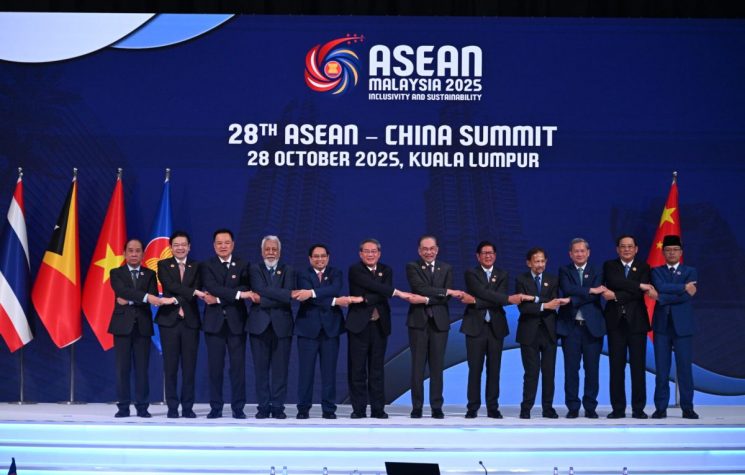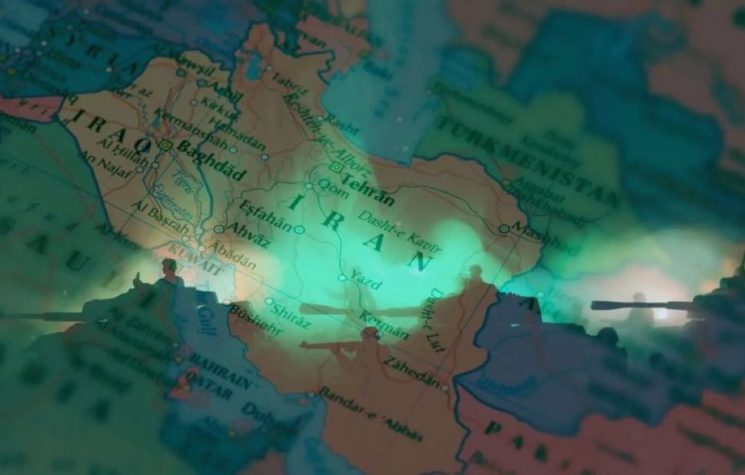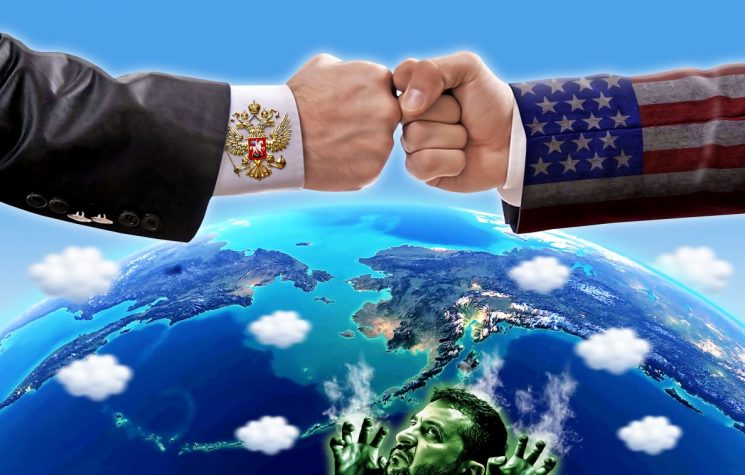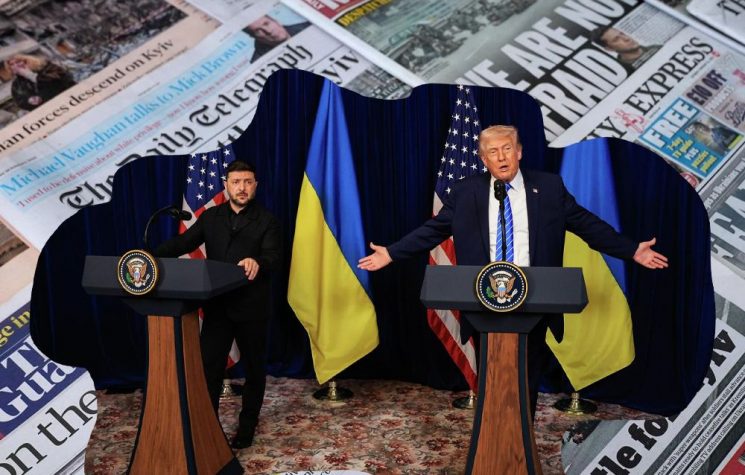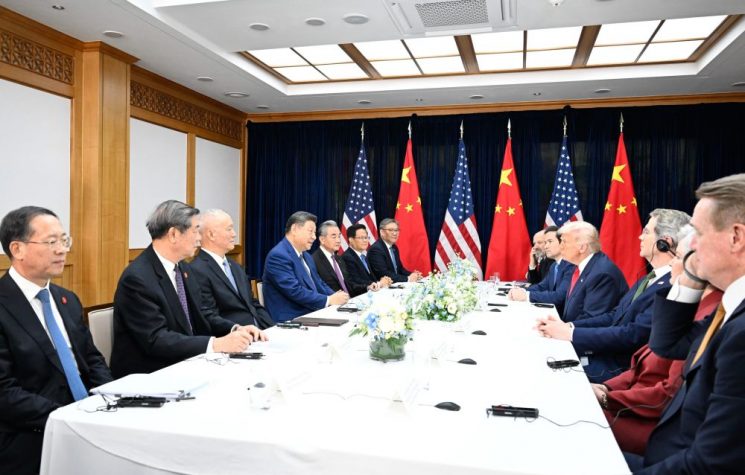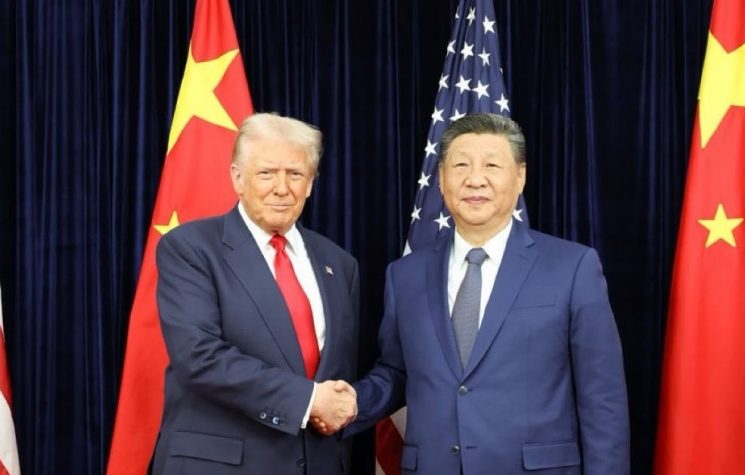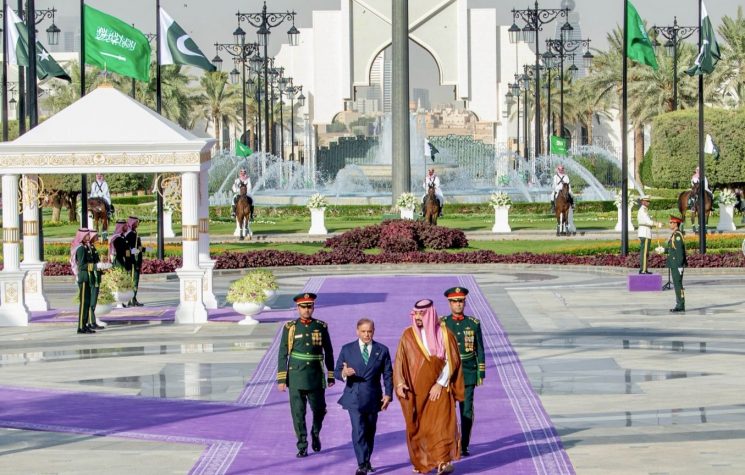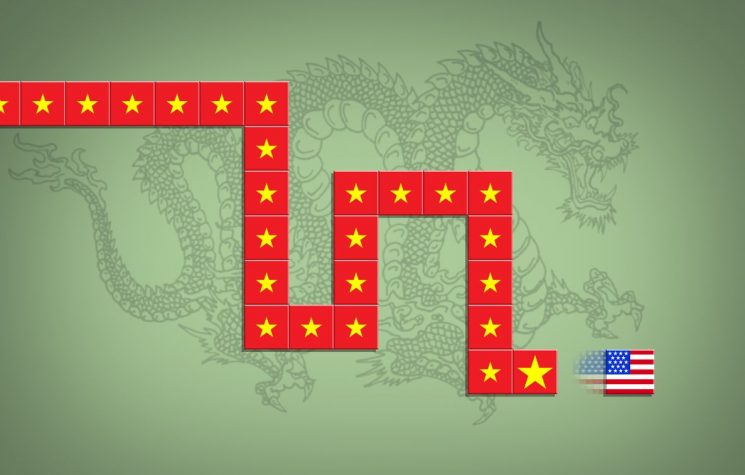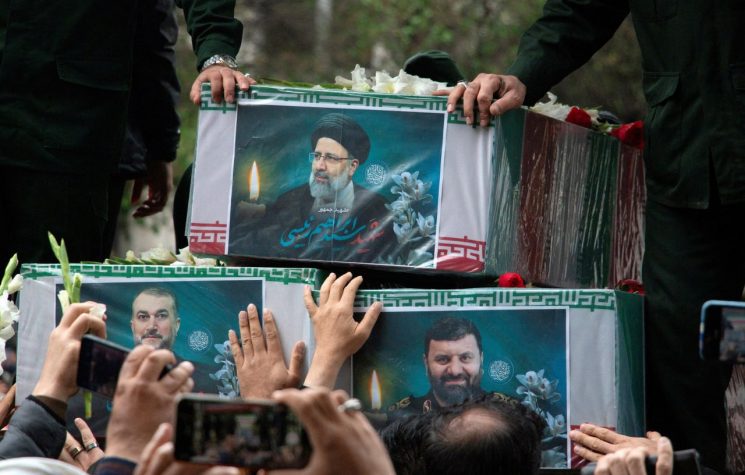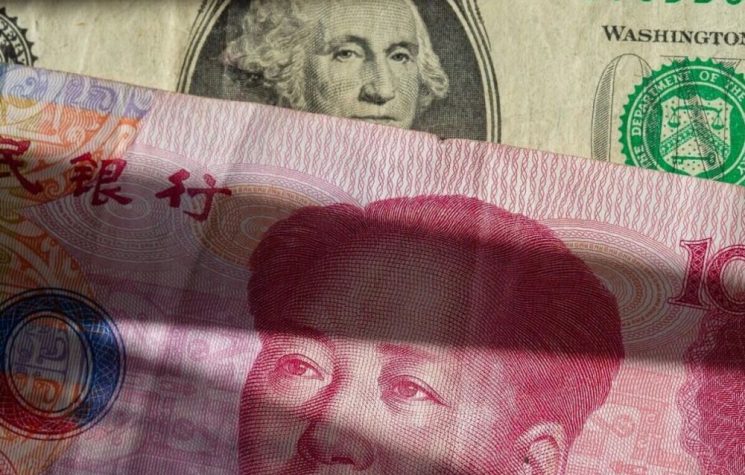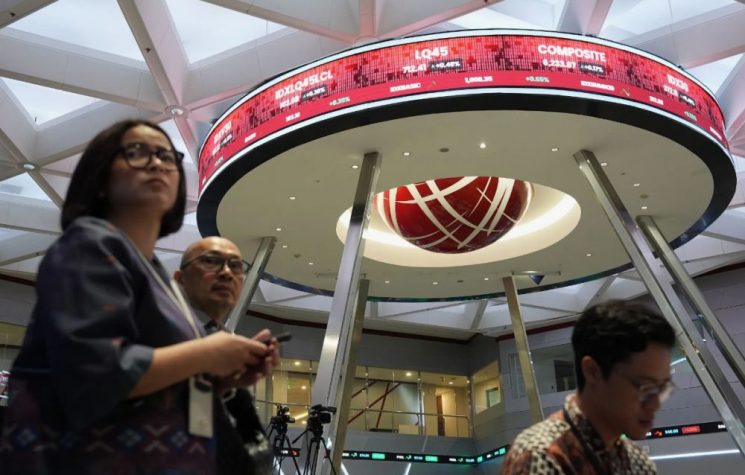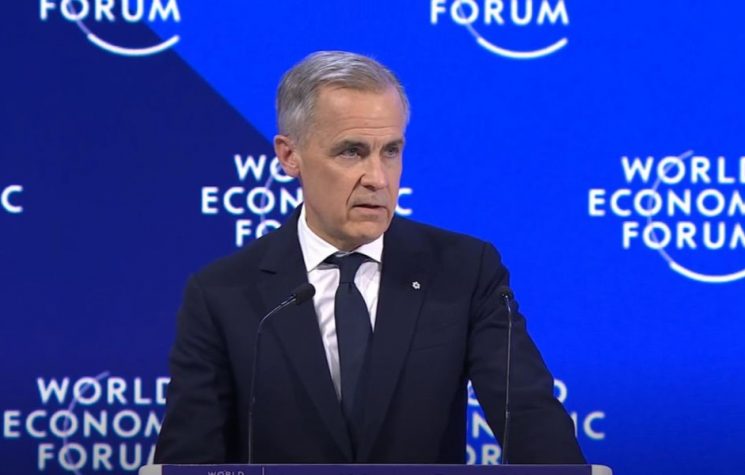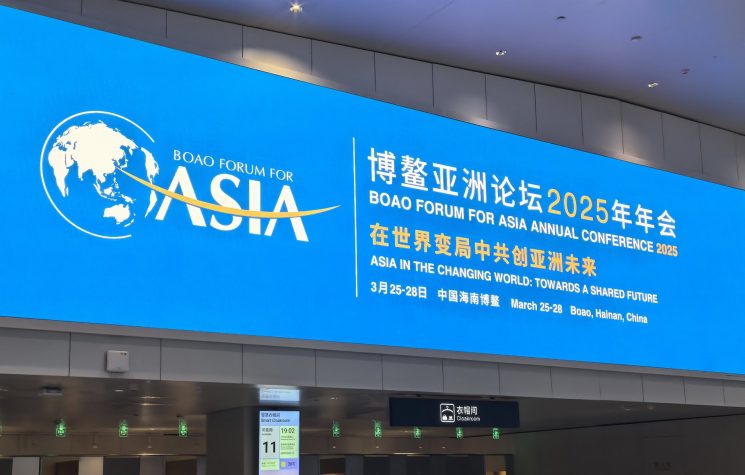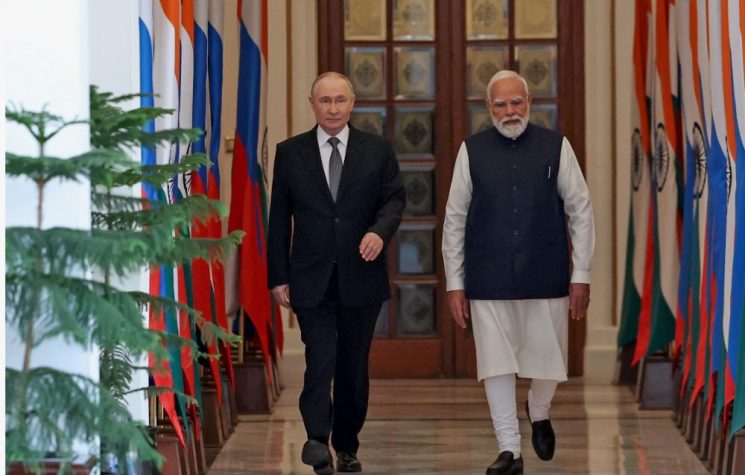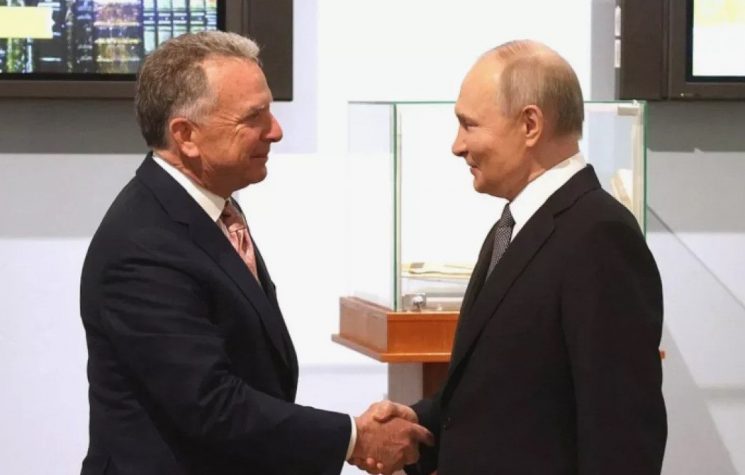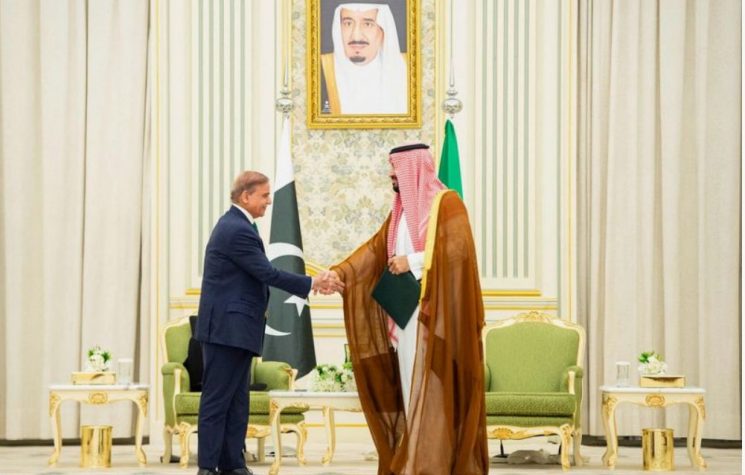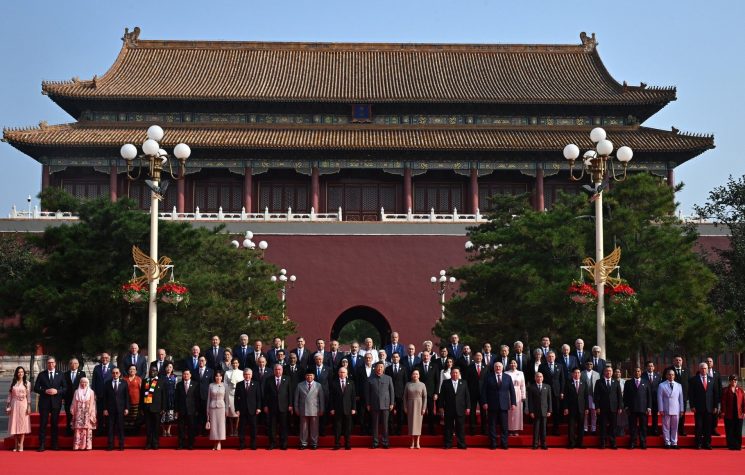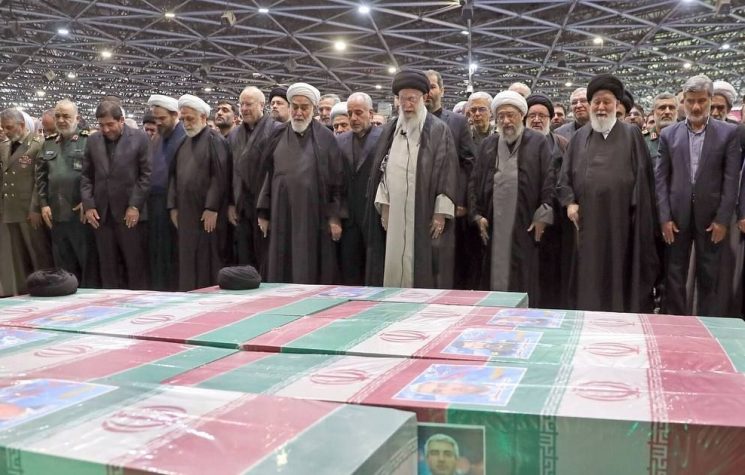We are yet to mull and muse as to how China has succeeded in bringing peace to the two countries which the USA has always tried to drive a wedge in between.
After it agreed with Saudi Arabia in December 2022 to purchase its oil in Chinese yuan and not only in dollars any more, and while Russia has also been cooperating with Saudi Arabia with great success as regards the oil business and with Iran, too within the Shanghai Organization for Cooperation (SCO) together with China, China has managed to clinch a historic reconciliation of Iran and Saudi Arabia despite the unrelenting efforts by the USA to wreak havoc and cause continual conflicts among them, all in line with the notorious test and tried model by the Roman Empire — divide and rule; rather than ‘bring peace, unite and cooperate’.
The intrinsic logic of each and every empire of the political West seems to be such. Perhaps the wretched citizens of Yemen and those of Saudi Arabia as well might have a chance to sigh a breath of relief but the USA will surely not. A superb economic and political turn-up for the history book in the Middle East could easily prove to be fatal for their imperial interests in which their dollar will be the first casualty to suffer losses but certainly not the only one. After the negotiations in Beijing twenty-odd days ago, after they were being held in Iraq and Oman for two years, the three countries, China, Iran and Saudi Arabia, declared that the deal between the Kingdom of Saudi Arabia and Islamic Republic of Iran had been reached, which includes the agreement on the renewal of diplomatic relations among them; it presupposes the respect for the sovereignty of each country and the non-interference with their respective internal issues. Thus the negotiations in the area of economy and security, investments and science and about sport and culture came part and parcel of this cooperation.
Briefly speaking, with the assistance of India and China, two regional powers and bitter rivals to a great extent, have announced publicly that they have set off on a new political journey of all-encompassing process of mending their relations instead of their further degradation in the ’name’ of said blood-soaked ’divide and rule’ principles of the international relations. Thus it is blatantly obvious whom the Chinese Ministry of Foreign Affairs had in mind when they declared that this elimination of differences between Iran and Saudi Arabia will have a beneficial effect on the liberation of the countries from the overwhelming foreign interference; that the two countries have now taken their political destinies in their own proverbial hands and that their agreement coincides with the monumental trends of development.
The highest ranking diplomat of China, Wang Yi who was on a political visit to Moscow recently, decided that Russian-Chinese relations are reaching new dimensions on their pathway to build a multipolar world and on this occasion he pointed out that the Beijing Agreement between Riyadh and Teheran represents a breakthrough complete with a dialogue and peace which happened at the moment in which, there obviously is an alarmingly scanty amount of both around. ’Why do Iran and Saudi Arabia place trust in China’ is one of the headlines on the Chinese global TV networks, which point out the close relations between Beijing, Teheran and Riyadh as opposed to those with Washington, the relations of whose with Saudi Arabia have become ever more tense in that they do not even have established diplomatic relations and they cannot enable any dialogue between them.
Accepting China as a mediator represents their respectful admission of the rising importance of China in the Middle East where many crises have emerged as a direct result of foreign interventions. Chinese diplomatic concepts of peace and cooperation to one’s mutual benefit have gained an overwhelming support in the region. And even further afield than just in the region, says the Indian diplomat M.K. Bhadrakumar ’The new era in world politics has dawned. This is a historic event of paramount proportions, which by far surpasses a question of Saudi Arabia — Iran relations. It stands in silent testimony of a colossal shift in tectonic plates of geopolitical politics of the 21st century. The USA, writes M.K. Bhadrakumar, which has for eight decades been a dominant power in the politics of West Asia is nowhere to be seen. The U.S. has been done away with, to its embarrassment. The USA has 30 military bases in West Asia, and as many as five in Saudi Arabia only. But the USA has lost the magic wand of its leadership. China, says the Indian diplomat, has shown to the whole rest of the world: the Global South, all the way from the South America to Africa, how the democratized, multipolar world can in effect function in the foreseeable future by way of the superb diplomacy of a great power based on agreement and reconciliation; in one word it certainly is a refreshing as much as it is a revolutionary approach ’unite and cooperate’ rather than ’divide and conquer’.
Moreover, says M.K. Bhadrakumar, perhaps we might never find out what role Russia played behind the scenes but on the eve of the unannounced reconciliation in Beijing one day before, the leader of the Saudi Arabia diplomacy, Prince Faisal bin Farhan Al-Saud was in Moscow. And one week earlier on the 6th of March, Russian President Vladimir Putin talked on the phone with the Iranian President Ebrahim Raisi, who visited Beijing mid-February. After that, Wang Yi was in Russia, Iran, and Saudi Arabia. The three leading oil and gas producers are speeding up their search for payment mechanisms, which are to give a wide berth to the U.S. dollar. China is already in the midst of talks on such arrangements with Saudi Arabia and Iran. China and Russia are doing away with the dollar currency from their transactions — the Indian diplomat indicates the key aspect of this non Western cooperation, which is gaining momentum with great success.
It is abundantly clear that a rapid erosion of the dollar status as the world currency will not only mean the collapse of the U.S. economy but it is bound to cripple the ability of the USA to wage never-ending wars, which happen to be conveniently far away from their home turf, and impose its global hegemony along the way. Besides, the reconciliation of Saudi Arabia and Iran will give rise to their joining BRICS in the foreseeable future. One has to bear in mind that in one comprehensive study by Cambridge University, BRICS was defined as ’the coalition for the de-dollarization’, which the Riyadh — Teheran reconciliation aided by Beijing gives all the more credit and lends it ever more historical significance.
We are yet to mull and muse as to how China has succeeded in bringing peace to the two countries which the USA has always tried to drive a wedge in between and bring but feud and discord on the brink of a direct military conflict. And we are yet to learn hard political lessons from it.
















